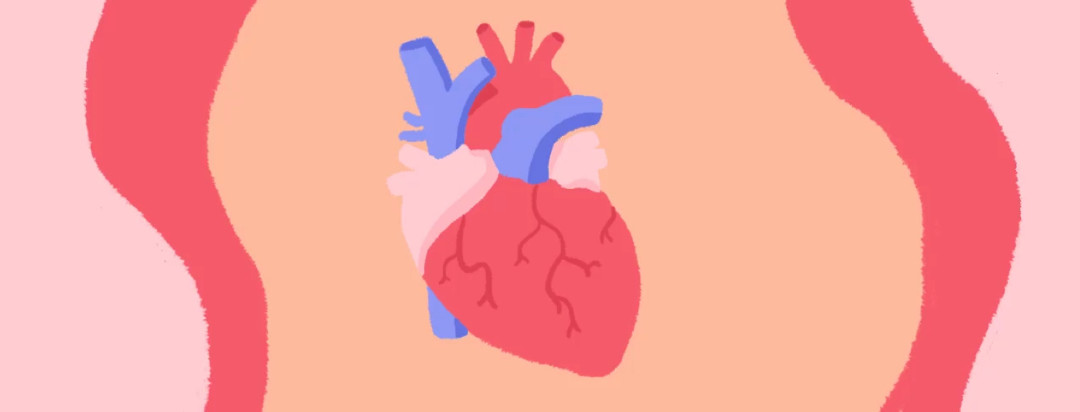Let’s Discuss Heart Sounds
For our COPD site, I wrote an article about lung sounds. Your heart also makes sounds. Like lung sounds, they can be heard by using a stethoscope. I thought it would be neat to write an article on the topic.
Why does your heart make sounds?
Answering this question requires a little heart anatomy. You may benefit from reading my post Anatomy of the Heart. There I describe that your heart has four chambers. Your right and left atria receive blood from your veins and lungs. Your right and left ventricles pump blood through your body and lungs.1-2
Your heart has four valves:1-2
- Tricuspid Valve. It’s a one-way valve between the right atria and right ventricle.
- Pulmonic Valve. It’s a one-way valve between the right ventricle and pulmonary arteries. These arteries take freshly oxygenated blood to your left atria.
- Mitral Valve. It’s a one-way valve between your left atria and left ventricle.
- Aortic Valve. It’s a one-way valve between your left ventricle and your aorta. Your aorta then carries oxygen to all the arteries and tissues of your body.
Your heart valves have flaps. When a chamber contracts, pressure builds up inside that chamber. This pressure forces the flaps open. Your atria contract and push blood through your tricuspid and mitral valves. Your ventricles contract and push blood through your pulmonic and aortic valves.1-2 Once a chamber is empty, these flaps snap shut, preventing blood from flowing in the wrong direction.1 When your heart valves snap shut, they produce your heart sounds.
What are normal heart sounds?
With every heartbeat, you hear two sounds. They are described as lub and dub.3 Lub is the sound you hear when your mitral and tricuspid valves snap shut. Researchers refer to this sound as S1 (sound 1). Dub is the sound you hear when your pulmonic and aortic valves snap shut. Researchers refer to this sound as S2 (Sound 2). Blood normally flows smoothly and easily through your heart - it also flows silently.1
What are abnormal heart sounds?
Some conditions occur that cause the flaps to close slowly or not at all. When this happens, the sound made is diminished. Some conditions occur that cause the flaps to snap shut harder. When this happens, the sound made is accentuated. S1 and S2 may both be diminished or accentuated.1
Causes of abnormal heart sounds may include:1,4
- Mitral and Aortic Stenosis. The flaps are hard and stiff. The opening is narrow.
- Mitral and Tricuspid Regurgitation. The flaps become weak. They don't close tight enough. Blood may leak through the valve into the previous chamber.
- Pulmonic and Aortic Insufficiency. The valve is leaky. It is not strong enough to prevent backflow from the Pulmonary Arteries or Aorta.
Over time, any of these conditions may cause heart failure. Another abnormal heart sound is a murmur.
What is a heart murmur?
As noted above, blood flow is normally silent. However, some conditions may cause it to flow violently or turbulently. When this happens, the flow of blood becomes audible. It may sound like swoosh or whoosh. A term for this is a murmur or heart murmur.1,3-4 In other words, a murmur is a sound made by turbulent blood flow.1 The conditions noted above may cause a murmur. For instance, blood flows turbulently through stenotic valves and also through weak valves.1
That said, many other heart conditions may cause a murmur. One is a Ventricular Septal Defect. This is a hole between the left and right ventricle. It causes blood to flow from one ventricle to another. It causes oxygenated blood to mix with unoxygenated blood which can cause a murmur.1
Why do doctors listen to your heart sounds?
Doctors are trained to listen to heart sounds and distinguish between those that are normal and those that are abnormal. If your doctor hears an abnormal heart sound, you may be referred to a heart specialist for further testing. Once properly diagnosed, your doctor can set you on a path to getting the necessary treatment.

Join the conversation